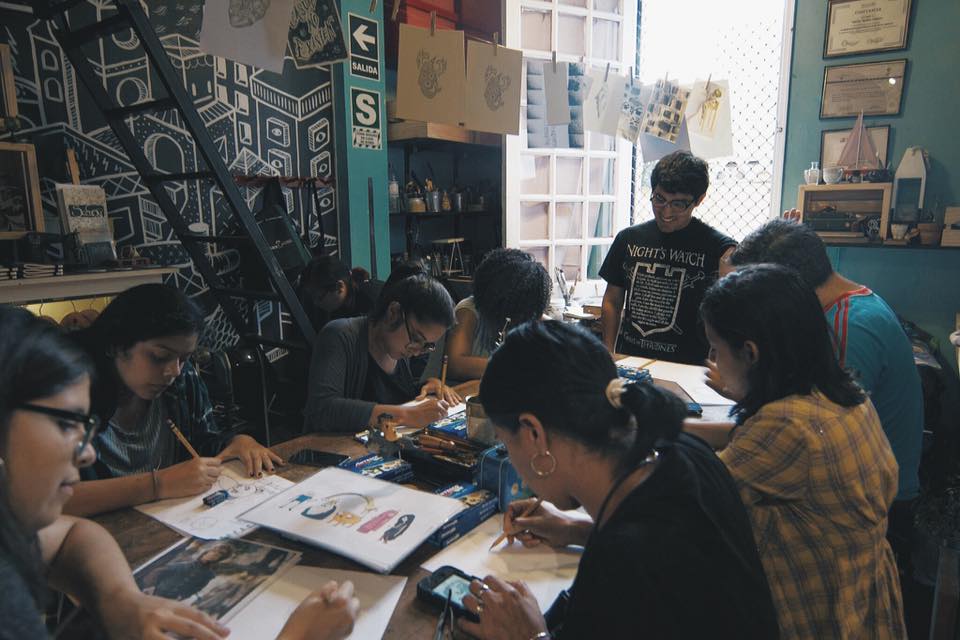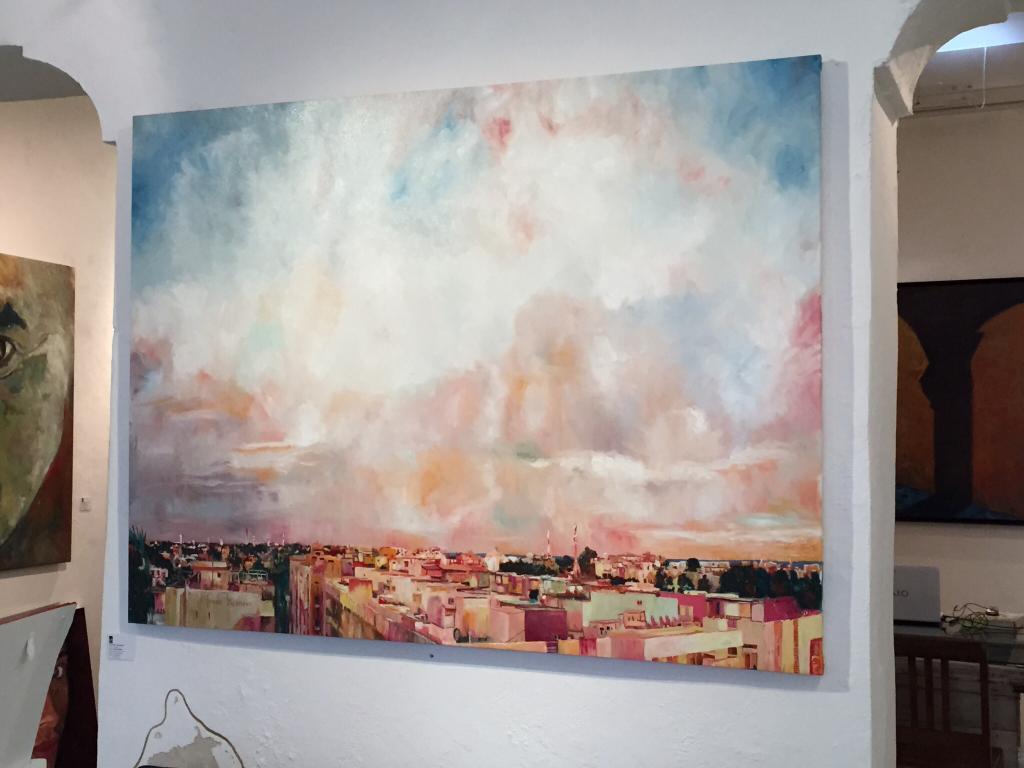We met Edwin Vargas of Soy Emprendedor (Translated to: I am Entrepreneur Peru) in a trendy café in the heart of Lima’s commercial district: Miraflores. With him was Renee Rojas, a cheerful industrial engineer turned agricultural entrepreneur who is currently running a vertical garden installation business.
“Our goal is to provide a green space for offices and houses. We want to create something beautiful… a little peace of nature for people living in cities,” Says Renne. In addition to providing vertical gardens, Renee also supplies office plants that come in a variety of sizes. “One of my biggest problems is cash flow. Our vertical gardens require a lot of upfront cash and that’s difficult for a small business,” says Renee.
Matilde Victoria Gonzales Quesada, a chocoholic turned chocolate manufacturer and member of Soy Emprendedor, agrees that cash is a big problem for Peruvian entrepreneurs. “I can’t scale the business the way I want to because I can’t access needed capital to hire other chefs. We have large customers waiting to place large orders, but I can’t produce enough chocolate to fulfill the demand. Right now it is just me and one other employee making our chocolate.”
Matilde's business, Delicias Matty’s produces chocolate without sugar (instead she uses stevia) and with Quinua and Cocoa. “It’s positioned as a healthier form of chocolate,” says Matilde. She’s been selling to boutiques in Lima for two years now.
“There are a lot of barriers for Peruvian entrepreneurs,” says Edwin of Soy Emprendedor. “Financing is tough and the government isn’t pro entrepreneurship. In time, we are hoping this will change.”
Soy Emprendedor is an organization that began 5 years ago to unite and offer a place of community for Lima’s entrepreneurs. Most of the organization is online, but they often meet at a café to discuss their businesses and entrepreneurship at large in the country.

























